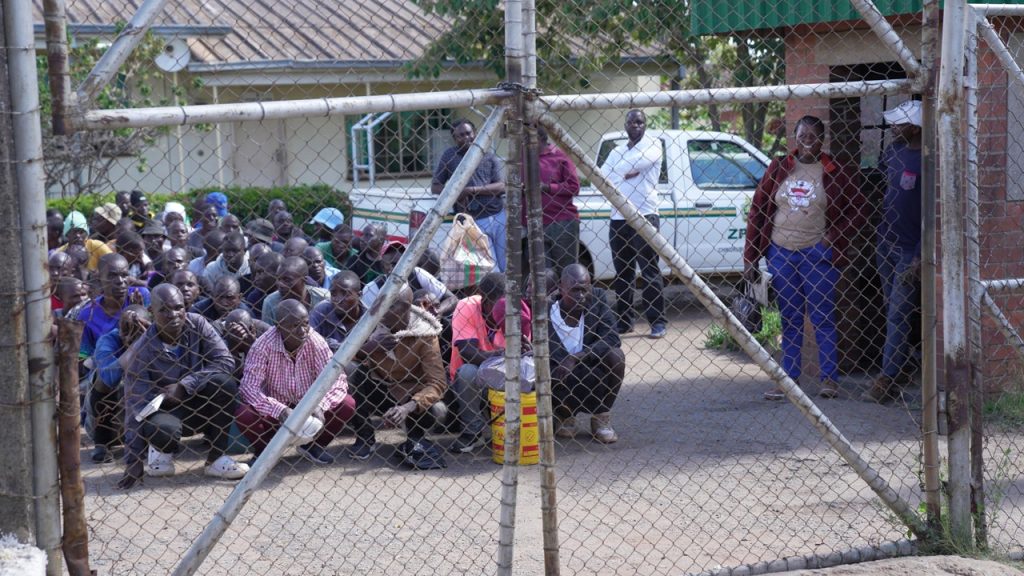Zimbabwe President Emmerson Mnangagwa announced a presidential amnesty on the country’s independence day, marking 44 years since the end of white minority rule in 1980. The amnesty included the release of more than 4,000 prisoners, some of whom were on death row. The clemency order targeted female, older, and juvenile inmates, as well as the terminally ill, and those originally sentenced to death. Prisoners who had their death sentences commuted to life terms in previous clemency orders or through court appeals are to be freed if they have served at least 20 years in prison.
Among those to be released are female prisoners who have served at least a third of their sentence, juvenile inmates who have also served a third of their sentence, and prisoners over the age of 60 who have served one tenth of their sentence. Additionally, Mnangagwa pardoned the blind and others with disabilities who have served a third of their sentence. The prisoners will be released in batches across the country, with exceptions for those jailed for specified offenses including sexual offenses, robbery, public violence, unlawful possession of firearms, human trafficking, and theft or vandalism of infrastructure.
The amnesty also commuted the sentences of all death row prisoners who had been in jail for at least 10 years to life in prison. While Zimbabwe has more than 60 inmates on death row, it is unclear how many had their sentences commuted to life under the amnesty. The country is one of more than a dozen in Africa and over 50 worldwide that still have the death penalty in place, though the last hanging in Zimbabwe was in 2005. Mnangagwa has expressed support for abolishing the death penalty, a sentiment that was also backed by the Cabinet in February and awaits approval from Parliament.
This is not the first time Mnangagwa has issued a clemency order to decongest Zimbabwe’s overcrowded prisons, where conditions are often harsh. In May of last year, he also granted clemency to more than 4,000 prisoners. At the time, it was reported that the country had around 22,000 prisoners in facilities designed to hold 17,000. The recent amnesty is part of ongoing efforts to alleviate prison overcrowding and improve conditions for inmates. Mnangagwa’s actions have been met with a mix of praise and criticism from various sectors of society, with some applauding his efforts to bring about change and others expressing concerns about potential implications of releasing certain prisoners.


